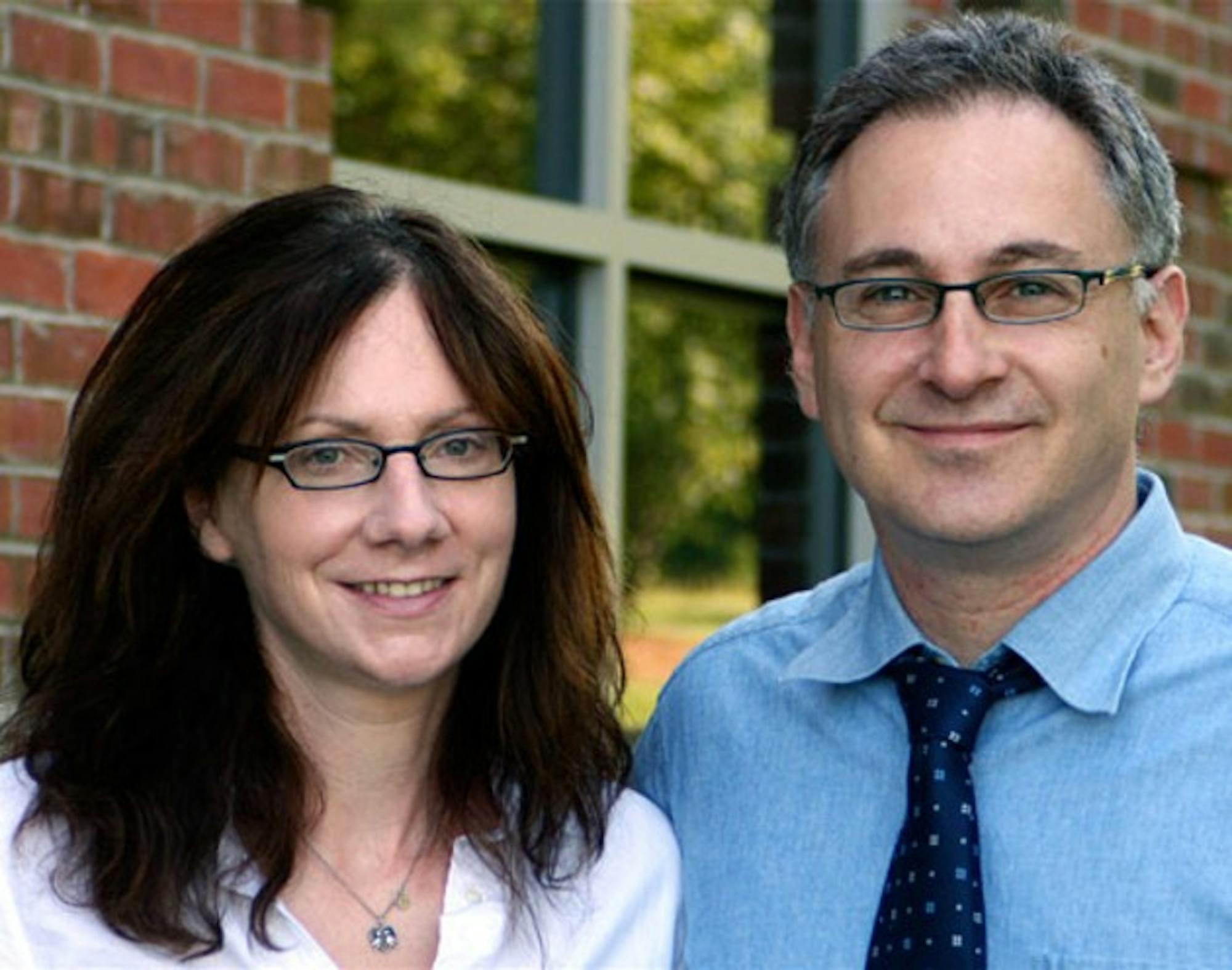The study focuses on journalists' participation in pharmaceutical company-sponsored education, company-sponsored awards for journalists and the reporters' reliance on sources from the pharmaceutical industry -- areas where the medical journalists may encounter problems, according to a press release by the Office of Public Affairs.
"It is the hope of these businesses that their efforts will generate loyalty from the reporters, which will lead to more positive coverage," Schwartz said. "We don't know how pervasive this bias is, but the industry has definitely created an environment that is ripe for such bias to develop."
Corporate sponsoring of education might cause journalism students and professors to feel a sense of duty toward the sponsors, Woloshin said. For instance, the masters program in medical journalism at the University of North Carolina features an endowed chair funded by the pharmaceutical company Glaxo Wellcome, Woloshin said. Pfizer, another major pharmaceutical provider, offers scholarships for minority students to study medical journalism, he added.
"These two examples represent a sampling of the various ways the industry can help to develop a sense of reciprocity with young journalists," Woloshin said. "This sense of reciprocity can lead to potential conflicts of interest."
He added that a UNC pamphlet discussing the endowed chair was responsible for initially sparking interest in the topic.
"We were shocked," Woloshin said. "The more I thought about it, though, the less surprised I became ... The industry has put a lot of effort into influencing what kinds of research gets done and what topics get covered. Thus, it makes sense that they would want to influence the way the media portrays their products, especially since journalists reach such a large audience."
The authors further criticized journalists for accepting cash prizes awarded by health-care businesses.
"I definitely think that medical reporters should not accept any awards, scholarships or gifts that can be seen as affecting what they cover or how they report it," Woloshin said.
Schwartz added that journalists need to be careful that they are not writing medical advertisements disguised as news reports and that they should clearly disclose when their sources have industry ties to avoid misleading readers.
"Media outlets definitely vary in how strict they are when it comes to disclosing when sources have a vested interest in drugs or treatments," Schwartz said. "The New York Times is very good at it, but many other publications are not. There's more attention being paid to it now, but there's still a lot of variability across different publications."
She added that even if an article is published in a prestigious medical journal, it may still be biased. Companies sometimes provide journalists with patients to give them anecdotes that portray a drug or treatment program in a favorable light, Woloshin said.
"Readers have a right to know if the people featured in the articles they are reading were handpicked by someone who has a financial interest in how the drug is depicted," Schwartz said.
The conflicts of interest generated by industry-funded medical research have gained attention in recent years, but the association between pharmaceutical companies and medical journalists, which may result in similar problems, has gone relatively unnoticed in the media, Woloshin said.
"People are just starting to realize that these connections can pose a problem," Woloshin said. "Our study attempts to make people more aware of the growing problem and suggests ways to make the problem more transparent in the future."
Woloshin said that when medical journalists compromise their independence, society loses.
"A lot of people first hear about what's going on in medicine, such as new treatments and risks that accompany certain drugs, through newspapers and other sources of media," he said. "They rely on them to provide them with reliable, unbiased information. If we can't count on the journalists, we lose an invaluable source."




